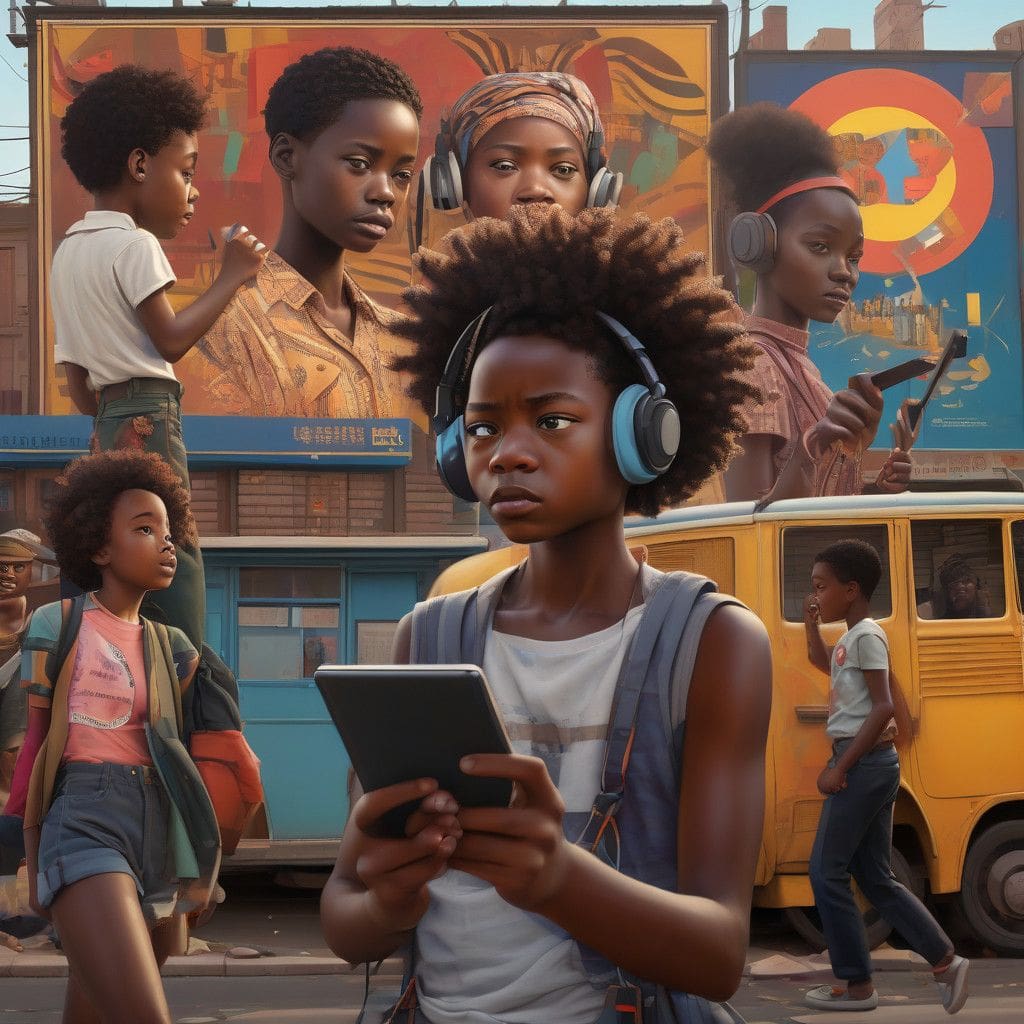Google is currently navigating a significant controversy sparked by accusations of censorship related to the pan-African media organization, African Stream. This platform, dedicated to showcasing African narratives and providing a counter-narrative to negative stereotypes, claims that Google has restricted its access to Gmail Workspace, resulting in the irreversible loss of two years’ worth of important emails and files. Such actions have raised alarms about the potential influence of political dynamics on the operations of major tech firms and the implications for free speech.
The situation escalated following comments made by U.S. Secretary of State Antony Blinken, who labeled African Stream as a facilitator of Russian propaganda and described it as a hub for Kremlin narratives. This characterization has sparked a debate about the legitimacy of governmental influence over media operations and the responsibilities that tech companies have in permitting or prohibiting content based on political affiliations or allegations of foreign influence.
In recent weeks, African Stream has reported bans from several prominent social media platforms including YouTube, Facebook, TikTok, Instagram, and Threads. The organization criticized Google for failing to provide adequate explanations for these actions. Such bans appear to raise substantial concerns among stakeholders regarding transparency and the criteria employed by tech companies in making decisions that can drastically impact content accessibility.
African Stream vigorously denies any wrongdoing and firmly questions why tech giants would yield to a statement from a U.S. official. The organization stresses its commitment to authentic African-centered content, which aims to amplify African voices on a global scale. This brings to light critical discussions around the boundaries of free expression, especially for media platforms that challenge mainstream narratives or spotlight geopolitical issues.
The implications of these censorship accusations extend well beyond African Stream itself. They invoke broader discussions on the power dynamics between tech companies and the narratives they choose to endorse or silence. Critics argue that through such actions, these corporations may perpetuate a narrow view of geopolitical realities, further marginalized voices, and undermine the principles of transparency and free speech that many tech firms profess to uphold.
The advocacy for African Stream coincides with a larger movement advocating for freedom of expression across global media platforms. Notably, the International Federation of Journalists (IFJ) has been vocal about the necessity of safeguarding journalistic independence and resisting censorship. As tech giants wield unprecedented power over information dissemination, their role in political spheres becomes increasingly scrutinized.
This controversy serves as a potent case study of the intersection between media, politics, and technology, illustrating how accusations of censorship can catalyze wider discussions about the responsibilities and ethical obligations of tech companies. Will companies like Google reassess their content moderation policies to favor a more equitable and inclusive representation of diverse narratives? The outcome remains uncertain, but the situation demands vigilance from both consumers and advocates of free expression.
As digital media continues to evolve, the balancing act between maintaining platform integrity and promoting diverse voices will remain a pertinent challenge. Stakeholders across the board—be it policymakers, tech companies, or the public—must consider the ramifications of censorship, the importance of transparent decision-making processes, and the vital need to protect essential narratives in an increasingly interconnected world.
Google’s actions towards African Stream underscore a potentially troubling trend in which political narratives may exert undue influence on the operations of major technology firms. As discussions surrounding censorship, narrative control, and media freedom escalate, it is essential to advocate for a digital landscape that promotes inclusivity, transparency, and fair representation.












